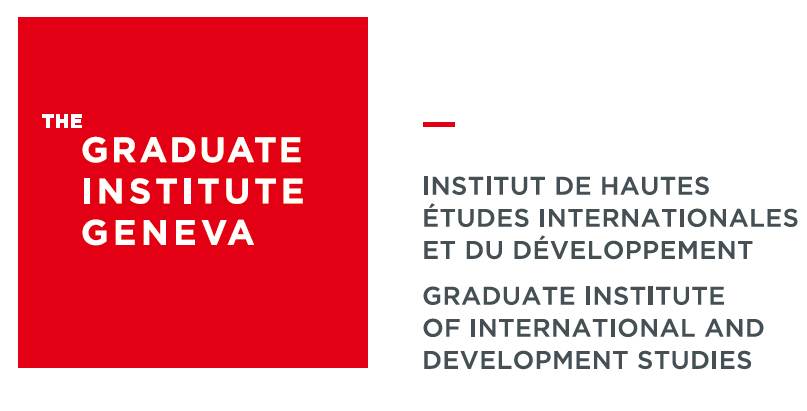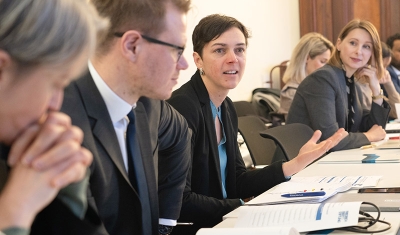The UDHR at Seventy: Historical and Juridical Perspectives
Event


UN Photo
The 70th anniversary of the Universal Declaration of Human Rights (UDHR) comes at a time of great turbulence for international human rights law.
The universality of human rights has traditionally been contested as a product of the West, unable to take into account cultural and religious diversity. More recently, the relevance of certain rights previously considered as essential and inalienable in vast areas of the world has become an issue. These older and more recent challenges grow alongside visions of a world order based upon the law of force rather than the force of the law. Historian Eric Weitz, referring to the work of Samuel Moyn, qualified human rights as ‘the last ideology left standing’. This last ideology is now wavering. For this reason, it is timely and appropriate to look carefully at the origins, context, debates, and personalities that, in 1947 and 1948, shaped and eventually endorsed the UDHR.
This symposium, co-organized with the Department of International History of the Graduate Institute of International and Development Studies and with the support of the Swiss National Science Foundation and the Republic and State of Geneva, brings together jurists and historians to discuss these issues and topics.
Presentations will provide insights based on recent and ongoing research, with historians and jurists debating and confronting their critical approaches and views.
The conference is open to anyone wishing to know more about the state of knowledge on the UDHR.
It will be followed, in the evening, by a public lecture by Philippe Sands.
Registration
You need to register to attend this event by filling the form on the website of the Graduate Institute.











